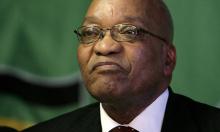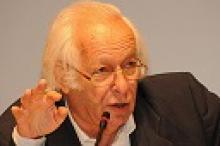The continuity of corporate capture, of corruption, of the arrogance of state and executive power, of the demobilisation of the grassroots, is crucial to understanding what Zuma has done and will continue to do. And this rot did not start with the rise of Zuma to the throne. It is deeply rooted in the politics of the ruling ANC party post-apartheid.









































